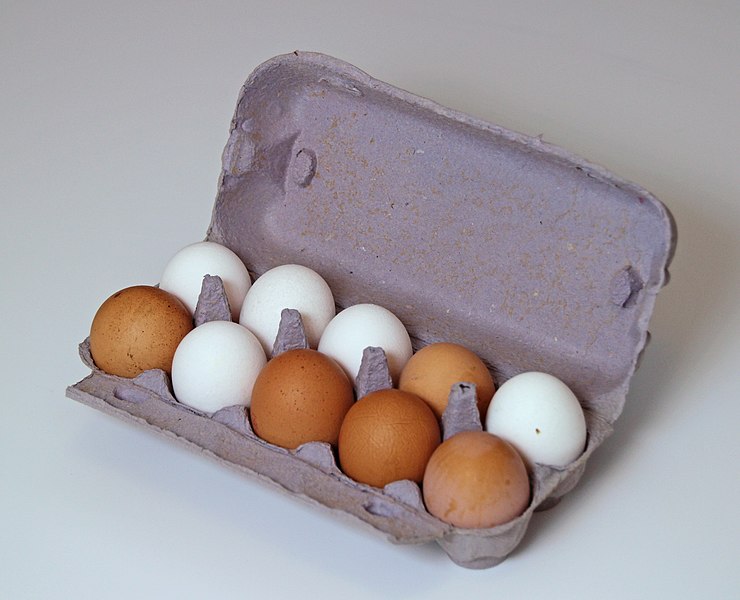
The British government announced on Tuesday that it will be conducting a review of the country's horticulture and egg supply chains after recent shortages have
caused concerns. Shoppers in the UK have faced difficulties obtaining certain items such as tomatoes, cucumbers, and peppers due to disrupted harvests in north Africa and Spain, leading to reduced supply.
The situation has been exacerbated by the fact that UK production of salad ingredients is expected to reach a record low this year. High energy costs have deterred British producers from planting crops in greenhouses, further straining the availability of fresh produce. Additionally, egg sales were rationed by supermarkets last year, and the industry continues to experience patchy availability as some farmers have exited the market due to profitability concerns.
These supply challenges have contributed to a surge in British food price inflation, reaching levels not seen since 1977. The government, under Prime Minister Rishi Sunak, is now under pressure to find solutions that address the needs of both consumers and producers amidst a cost-of-living crisis.
In response, the government has vowed to protect the interests of farmers by ensuring they receive fair prices for their produce. Efforts are already underway to enhance transparency and contracts in the pork and dairy markets through new legislation. Furthermore, additional reviews will be conducted specifically focusing on the horticulture and egg supply chains, taking into account the impact of global challenges on these sectors.
To address labor shortages in agriculture, the government plans to offer 45,000 visas for seasonal farm workers in 2024, with the potential for an additional 10,000 if demand necessitates it. These measures aim to provide support to farmers and stabilize the supply of fresh produce.
Recently, Prime Minister Sunak hosted a food summit, bringing together key stakeholders in the sector to discuss ways to promote growth, innovation, and sustainability.
While food retailers anticipate overall price increases in 2023, there are indications that the rate of inflation will decline throughout the year. Prices for certain products that experienced sharp rises, such as milk, butter, bread, pasta, vegetables, and sunflower oil, have already begun to decrease.
The government intends to ensure that retailers pass on any savings they discover, recognizing the challenges they face amid global inflation pressures. By addressing supply chain issues and fostering collaboration across the industry, the UK government aims to alleviate shortages and stabilize food prices for consumers. Photo by Frank C. Müller, Wikimedia commons.



































